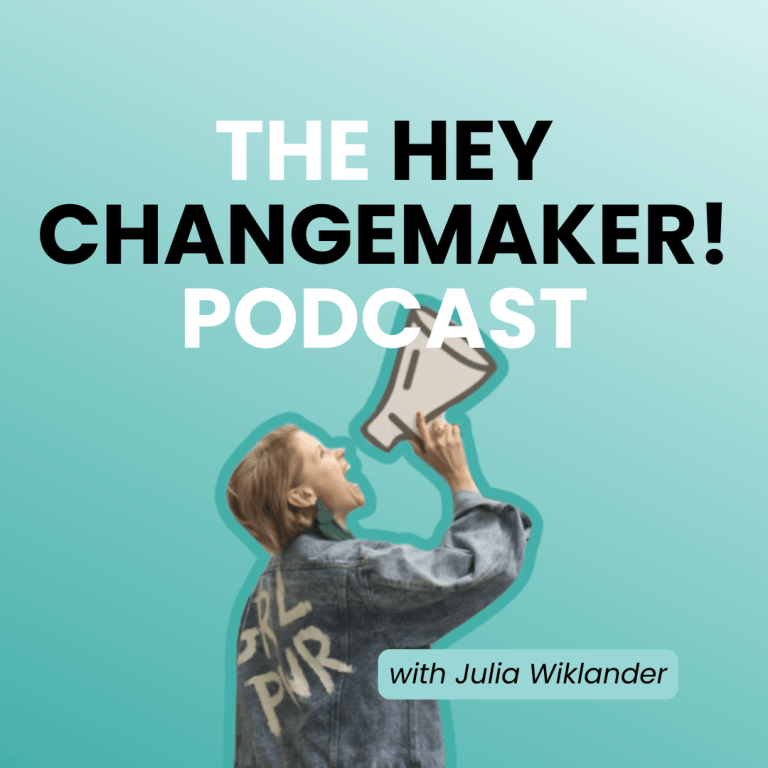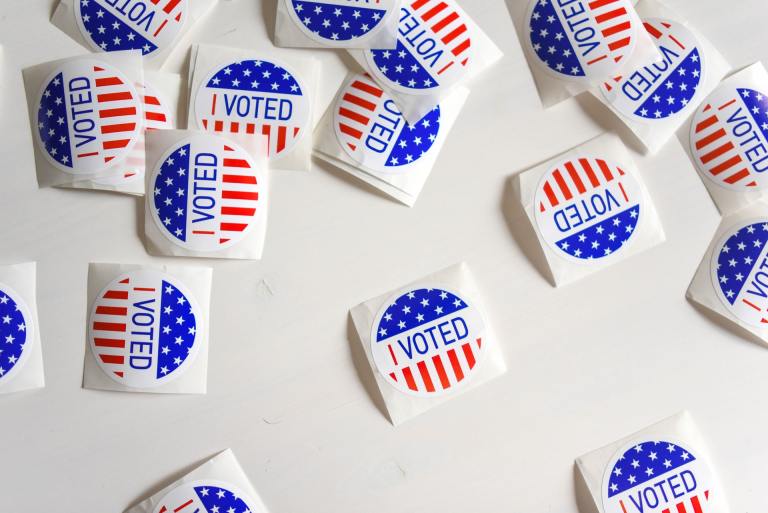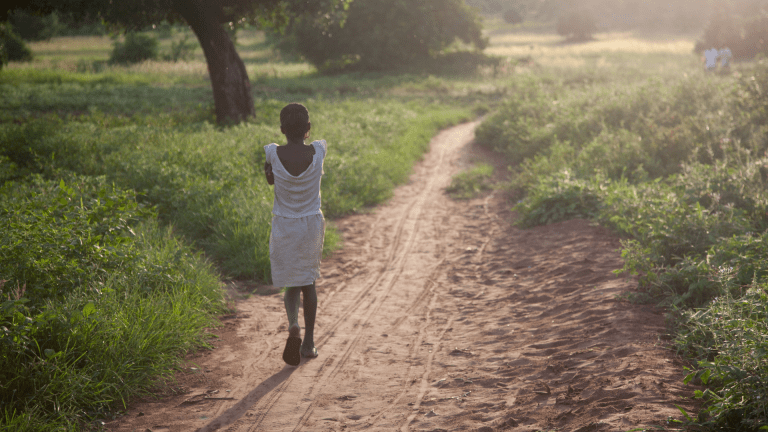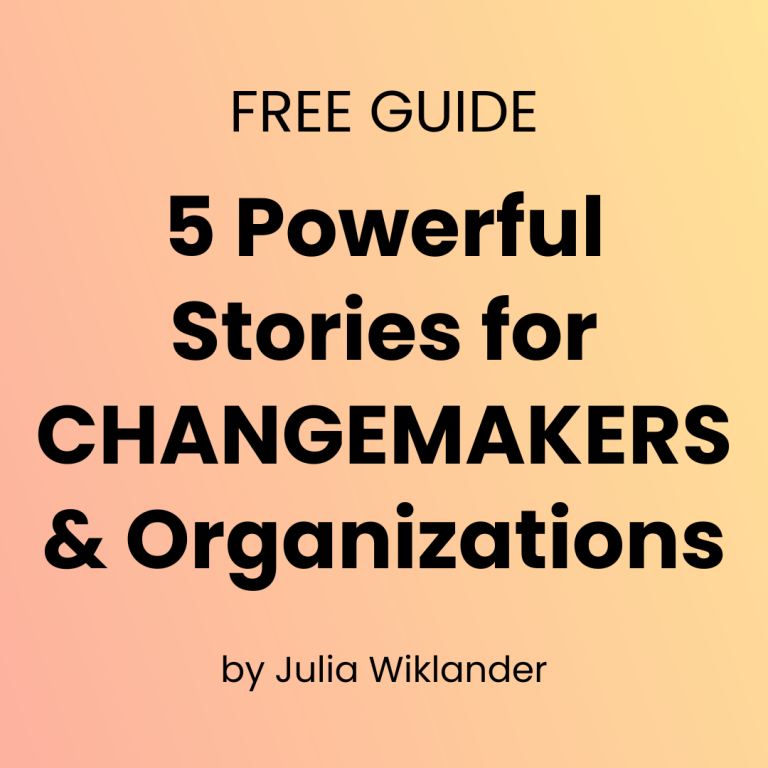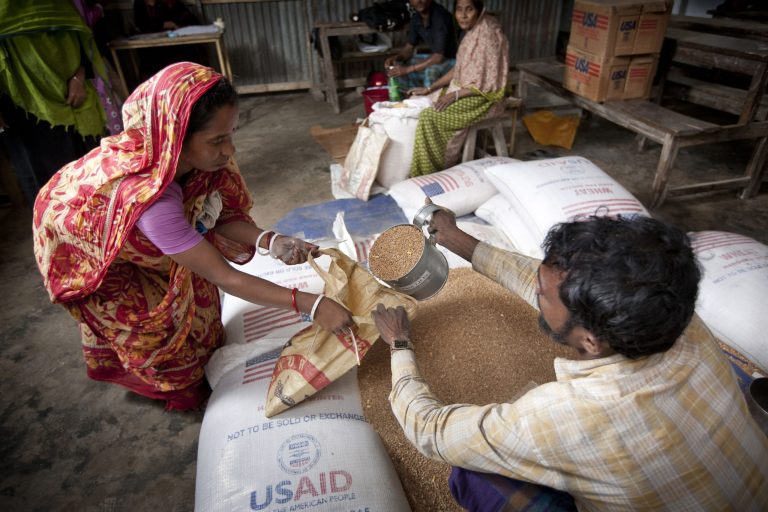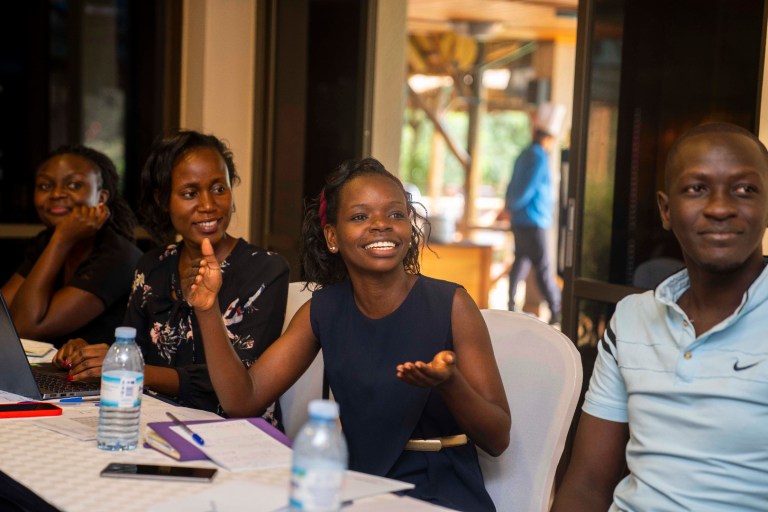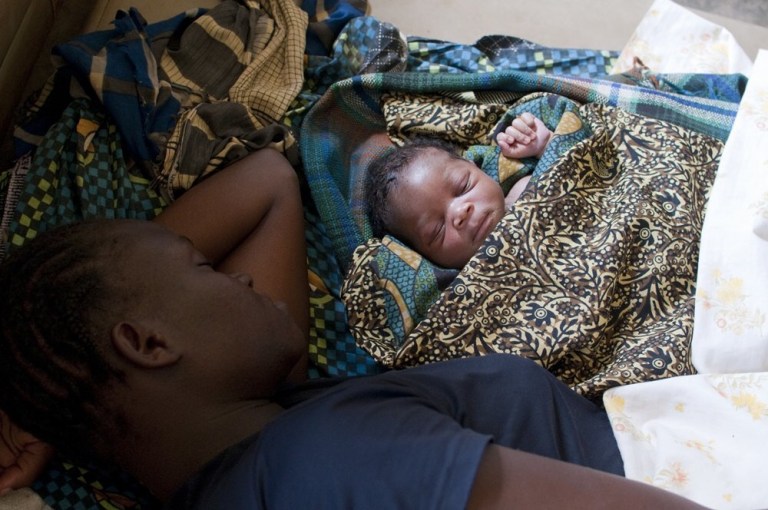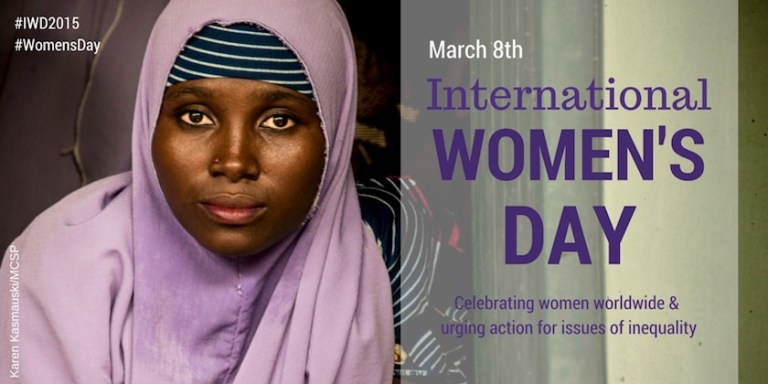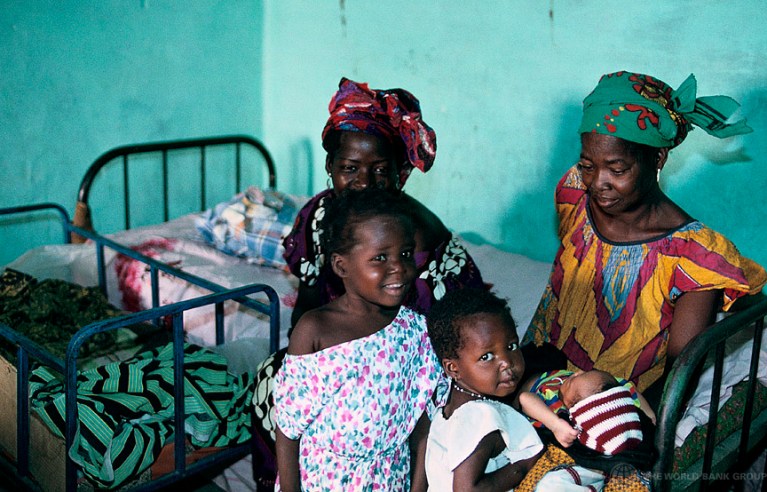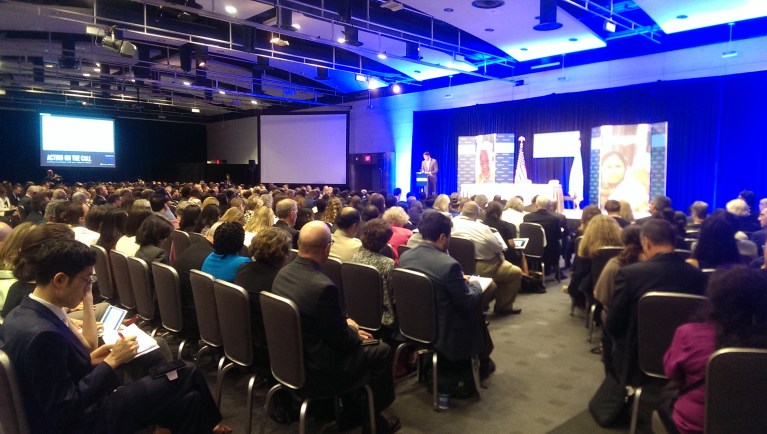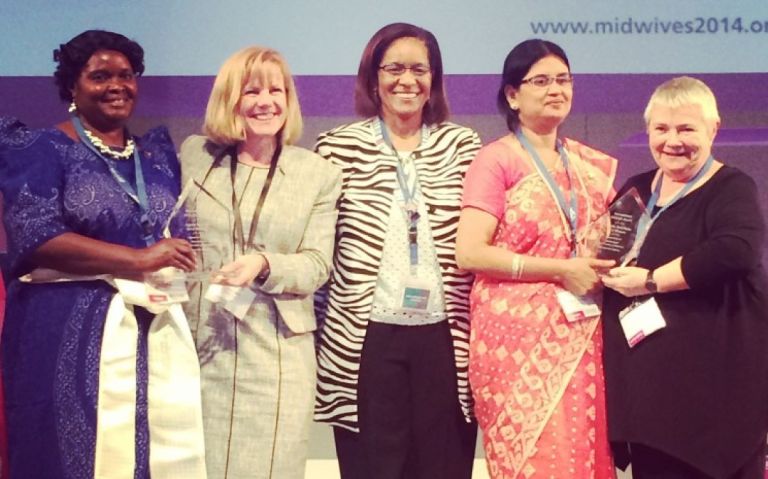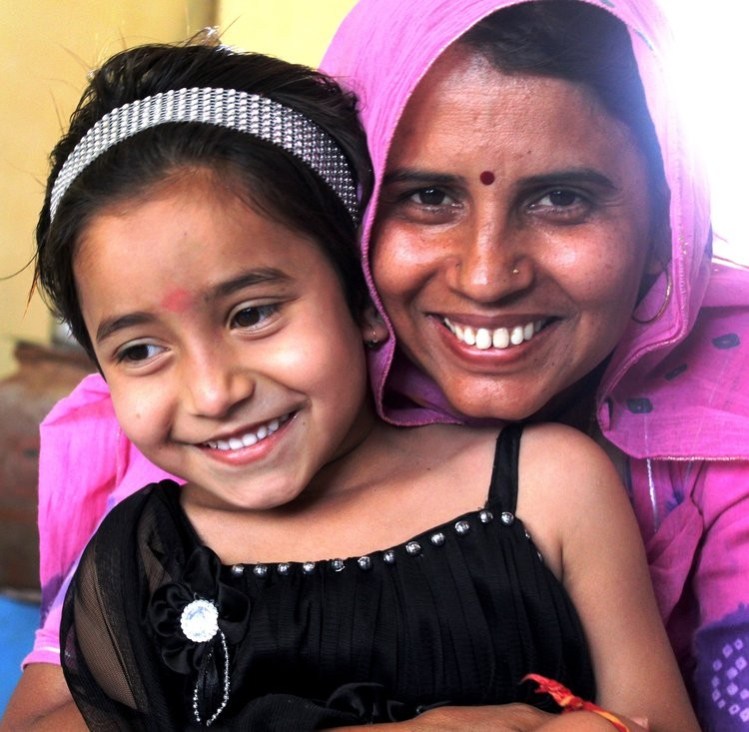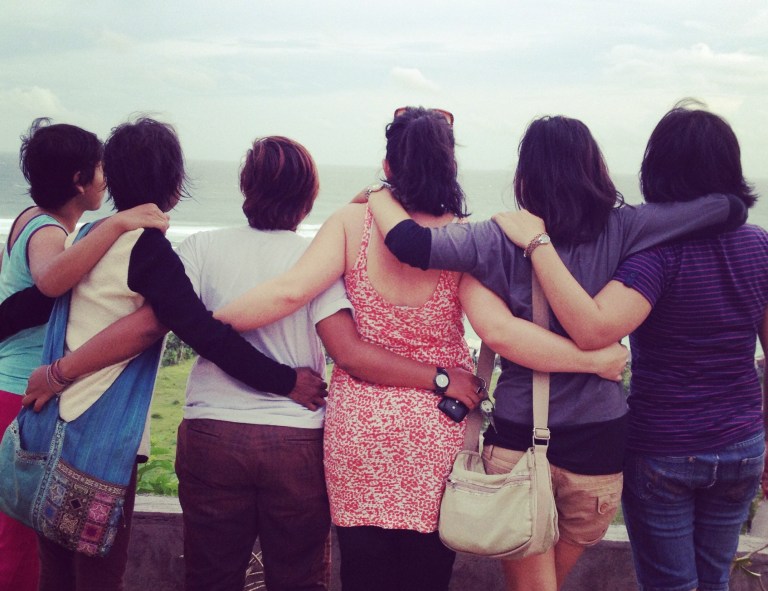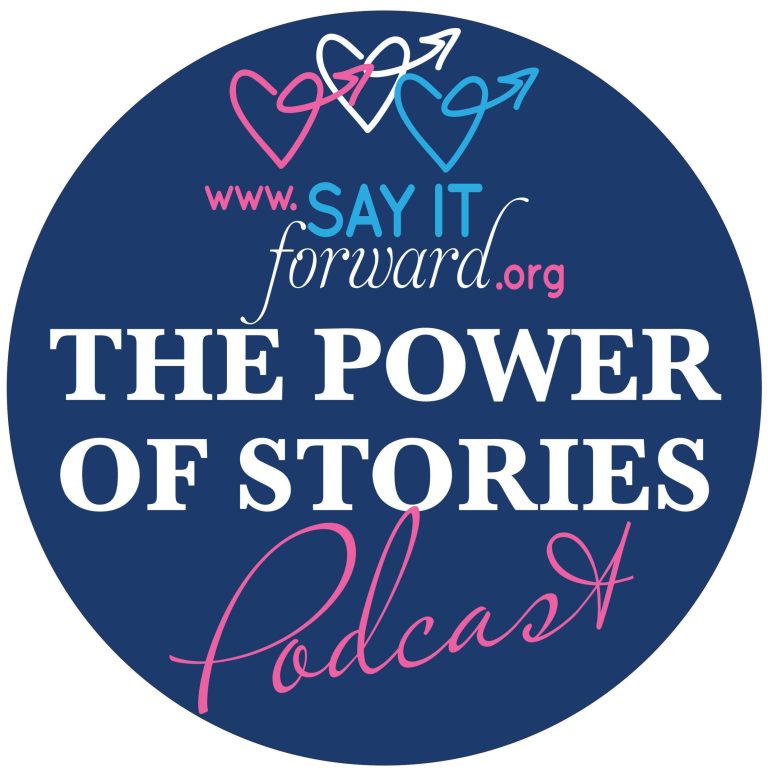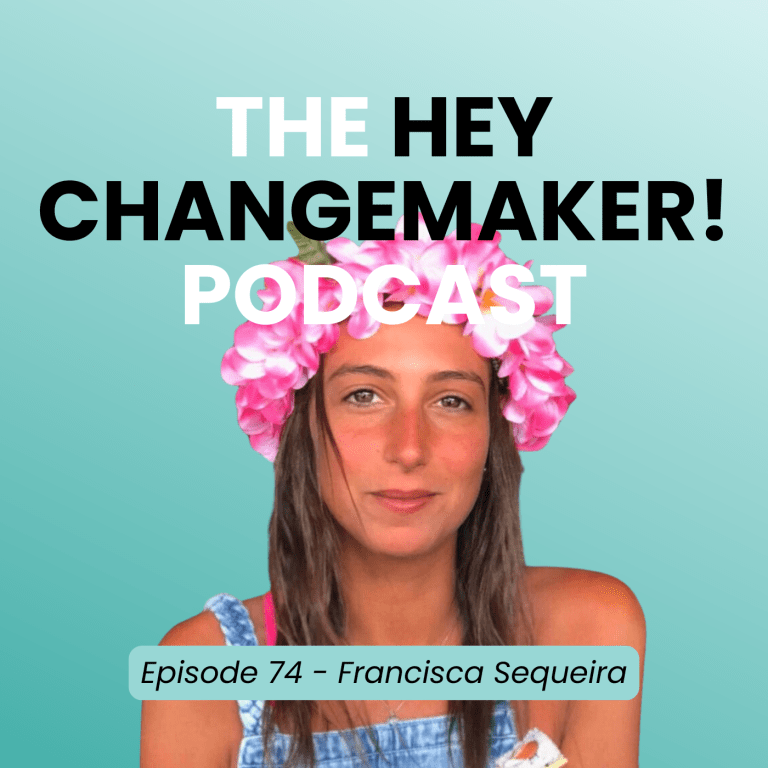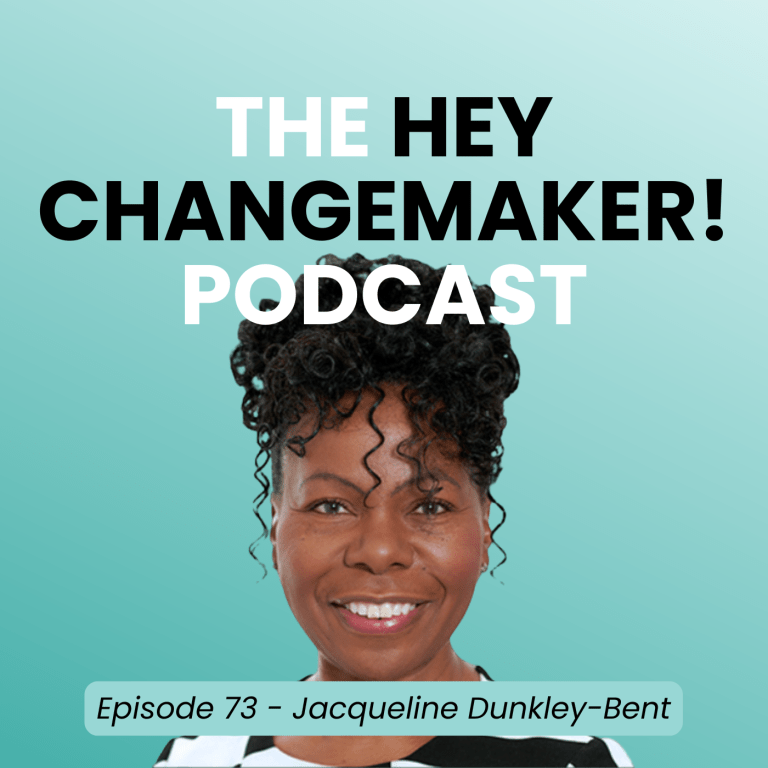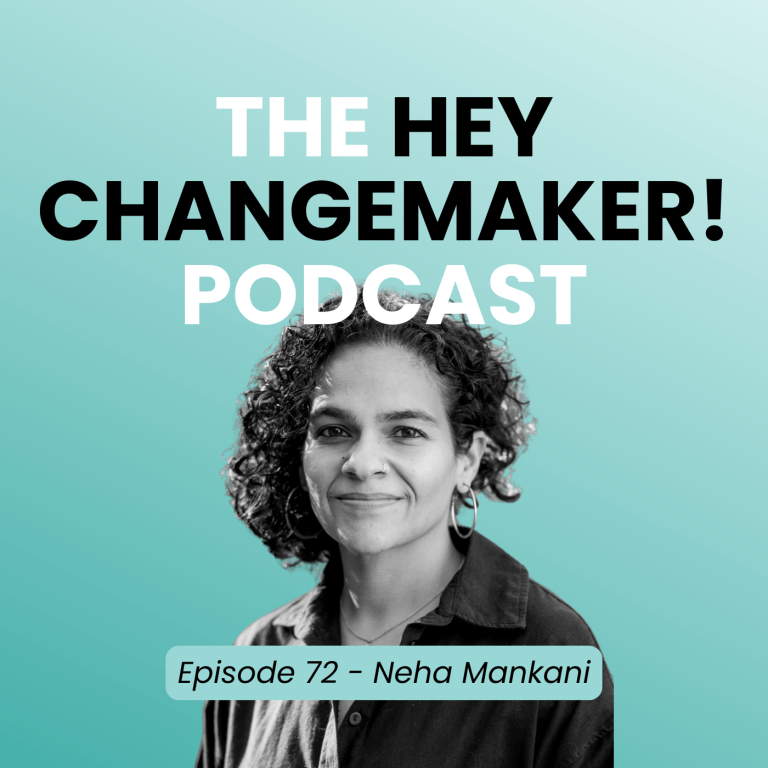The image is still vivid: girls, between eleven and fourteen years old, sitting in a circle, waiting. Not for treats, but for notebooks and pens. These girls had been in school, but their families could no longer afford the basic supplies. These materials came from a box stamped with the words, “from the American people.”
That was my first encounter with USAID. It wasn’t just about notebooks and pens. It was about keeping girls in school, protecting them from the very real threats of trafficking and child marriage, and giving them the opportunity for a safe, dignified, and empowered future.
Later, I witnessed USAID’s work again and again. Creating safe spaces for Syrian refugees. Providing food for malnourished Somali children. Supporting a hospital in the DR Congo.
This is what USAID does: it improves the lives of the world’s most vulnerable.
Delivering food and medicine. Bringing clean water and providing shelter. Ensuring children are protected. Promoting economic growth, protecting human rights, and combating deadly diseases like HIV/AIDS.
USAID is not perfect. Like the entire humanitarian and development sector, it needs reform. Decolonization, local leadership, and evidence-based practices are crucial. But it needs to exist. Global justice challenges wealthy nations to support those with fewer resources.
But now, USAID has been suspended under accusations of corruption and communism. And I think of those girls, sitting in that circle, waiting for their notebooks from the American people.
Here’s what we can do to support USAID and the populations they serve during this difficult time:
Give: We live in an interconnected world. Supporting organizations working both domestically and internationally recognizes this reality and allows us to address global challenges that affect us all. Your gift can create positive change both near and far.
Speak Out: USAID is funded by the American people through congressional appropriations. Your voice matters. Contact your representative and urge them to support USAID’s mission and programs.
Rehumanize: This cut reveals the insidious power of “othering.” Support responsible journalism and call out instances of bias and hate speech. Choose your words carefully and challenge those who use language to dehumanize and divide.
Support: Support businesses and initiatives that promote sustainable development and fair trade practices. Choose products and services that empower local communities and contribute to positive change.
These actions, these small acts of resistance and support, are how we help rewrite the story for girls, for refugees, for all those who depend on a more just and compassionate world. Ultimately, supporting USAID is an expression of our shared humanity and our belief in the dignity of every person.

